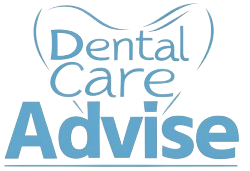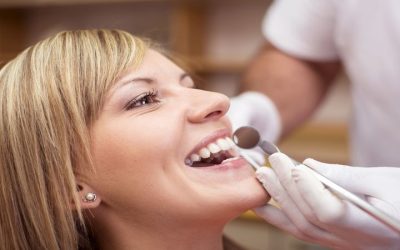Substance use disorders are common in today’s society, with about 1 in 10 people being addicted to some type of chemical substance. A person who is dependent on alcohol or tobacco is at higher risk of damage to the teeth and gums. An addiction to methamphetamine takes a dramatic toll on oral health. A Dentist in Exton PA can easily recognize the signs of a substance use disorder when examining the interior of the mouth.
Methamphetamine
Meth is so damaging to teeth that a Dentist in Exton PA may need to extract one or more. It causes very rapid tooth decay. Partial dentures or implants can be provided, but it’s imperative that the patient has stopped using the drug first. Another consideration is that any type of sedation or anesthesia can be dangerous for an active meth user. That even includes the mild sedation known as laughing gas.
Alcohol and Tobacco
Dentists with a clinic such as Angstadt Family Dental are more likely to see patients who have trouble with alcohol or tobacco dependency than with meth. Although the negative dental effects of meth are more dramatic, these more commonly used substances cause serious dental problems too.
Smoking and chewing tobacco causes discoloration of teeth. Discoloration of teeth also gradually occurs when someone routinely drinks red wine or other dark-colored alcohol. The sugar and acidic content of wine and other alcoholic beverages is a risk factor for decay, just as is true for someone drinking sugary soft drinks for a few hours or more each day. Both tobacco and alcohol use increase the risk of gum disease.
Complicating Factors
In addition to the direct effects of substance abuse on the teeth and gums, complicating factors tend to be involved. Dependency on certain drugs is often connected with poor nutrition. A significant lack of calcium and vitamin D, for instance, can make the teeth weaker. People may become lax about oral hygiene. Drinking alcohol at night and not brushing teeth before going to sleep, or passing out, allows residue from the sugar and acidic components of the drinks to remain on the teeth all night.



